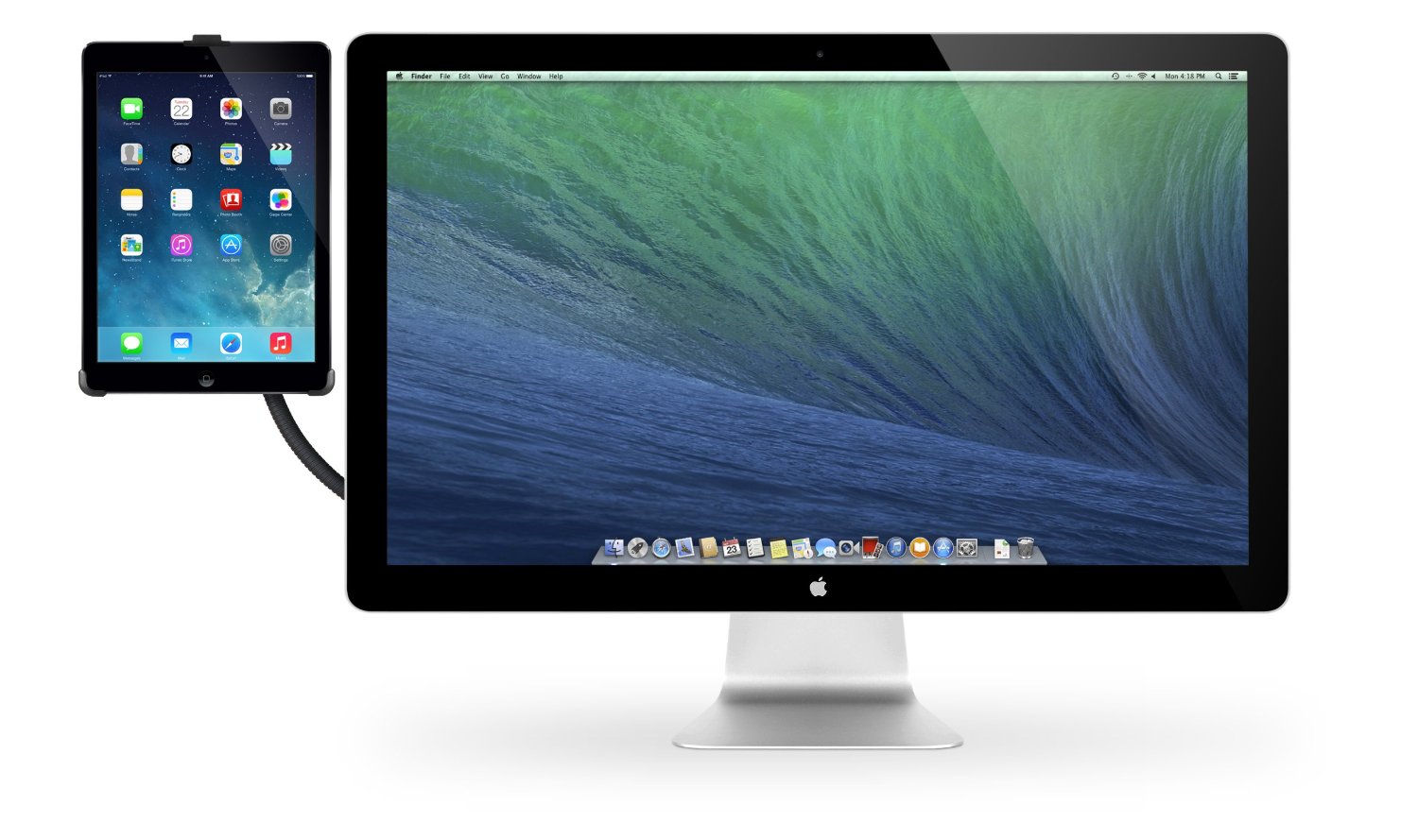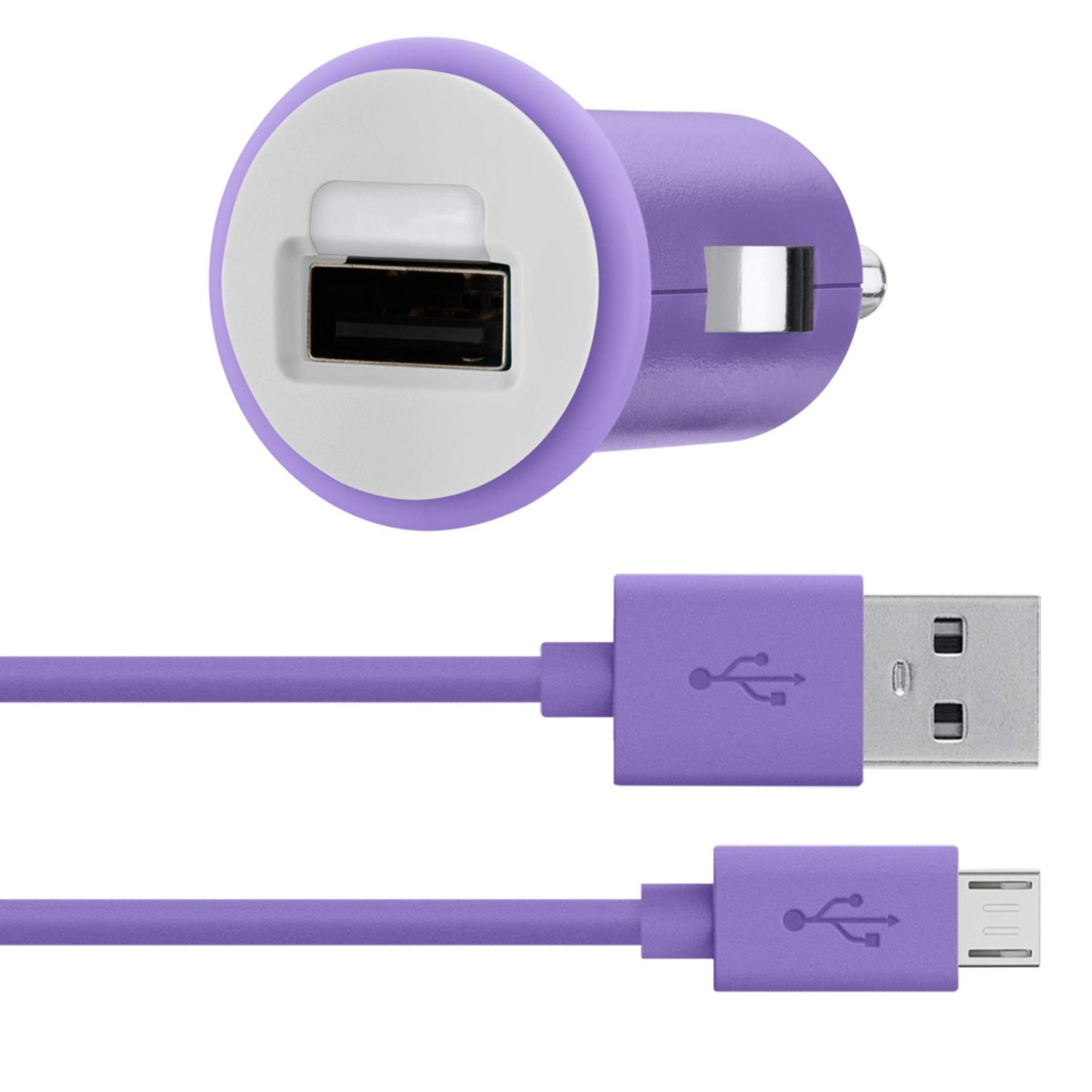Interview With Thomas Hertog, The Author of “The Day the Kindle Died”
1
The Day The Kindle Died is a controversial book that has been getting a lot of attention in the media. In this book, Thomas Hertog talks about how authors can manipulate Amazon’s bestsellers list and move their books up in the rankings. In this interview, we had the pleasure of catching up with Thomas to talk about the controversy, his goal for writing this book, and his future projects:
1. For those in our audience who may not be familiar with your work, please tell us a bit about yourself and your work.
I’ve worked in the professional services industry for the past 25 years, primarily in accounting, compliance and regulatory functions. I began writing in 2008 with a newsletter that evolved into my first book Wealth Hazards. My second book is The Day the Kindle Died.
2. Your last book, “The Day the Kindle Died,” has generated a lot of controversy. Could you explain what happened?
When I wrote my first book Wealth Hazards during the economic recession of 2009 I found that the personal finance book genre was over-crowded with titles. In 2010 when Amazon announced their new publishing program for authors and small publishers I submitted Wealth Hazards and it was accepted. In the first few weeks that Wealth Hazards was available for sale on Amazon I re-submitted the Kindle ebook file with editing changes. Each time I re-submitted it I also purchased a copy of the ebook from the Kindle store so that I could be sure that the formatting and editing was correct. That’s when I noticed that a single sale often moved the sales rank and bestseller position by 30 to 40 places in a single day. Wealth Hazards went from having no sales rank out of 725,000 ebooks to being in the Top 100 of personal finance within a few weeks. It reached the #1 position in personal finance in 45 days after only selling 32 copies. I decided not to advertise or promote the book because I felt it was inappropriate to capitalize on Amazon’s flawed system, but I did continue to buy & download the book daily and write reviews and vote on them. All the while I tracked sales rank, bestseller list position, Amazon recommendations and took screen shots daily. After several months of this investigative effort I decided to write The Day the Kindle Died. I pitched the book to several literary agents. Each agent said the same thing – “it’s a great story that needs to be told – but no publisher will ever publish it because they’re afraid of Amazon.” So I decided to submit The Day the Kindle Died to Amazon to sell on their website. I submitted it on Dec 4, 2010 and it was available for sale on Amazon the next morning. In late December I gave several interviews about the book and a group of bloggers who disagreed with my conclusions in the book decided to write negative reviews of each book (even though they did not buy the book or read it) and they notified Amazon of the two books. I was monitoring the blogs for a few days and on New Year’s Eve at 11pm the book vanished from Amazon.com. It was available again intermittently for a few days until the media picked it up and then it became available 24/7.
3. What was Amazon’s reaction to your book? Did they contact you or threaten to remove your book?
They sent me an email that read in part “…customer reviews and sales rank are an important source of information for customers…” and “we will not tolerate efforts to manipulate it.” I found this to be quite interesting given there are scores of job posts on the internet for paid Amazon “book reviewers”. If Amazon is truly serious about stopping fake reviews, all they need to do is run a Google search on “paid books reviews Amazon” and they’ll find many employment offers to writers. The math works out to $1 to $2 per hour for a writer’s efforts to read an average-length book and write an intelligent review. Clearly reviews are being faked in a very public manner and Amazon cannot be oblivious to these efforts to influence book sales.
Amazon has a double standard given that the most prolific Amazon reviewers such as Harriet Klausner post 4 to 6 reviews per day (more than 20,000 reviews presently) and paid reviewers as noted above have escaped the scrutiny of Amazon. Meanwhile, The Day the Kindle Died exposes Amazon’s flawed sales rankings and customer reviews and is condemned by Amazon. The hypocrisy is palpable when Amazon claims they “will not tolerate efforts to manipulate” their data, but they do nothing to prevent it.
The links below are representative of what I found on Google. The Google cache also indicates this activity was prevalent in 2009 and 2010 and is current as of today. See attached screen shots for more information.
http://newyork.craigslist.org/mnh/wri/2135586551.html
http://www.freelancer.com/projects/Blog/Amazon-Book-Review-Poster.html
http://www.workingbase.com/project/Need-50-Amazon.com-Book-Reviews.1004528.html
[Editor’s Note: see the screen-shots below]
4. Going back to the previous question, in an article by guardian.co.uk covering your story, they mentioned you claimed your book was removed but Amazon has denied that story. Could you shine some light on this? What did exactly Amazon do?
The book vanished at 11pm on Dec. 31st. How or why I do not know, but the book disappeared and was not available for sale. Amazon did remove the reviews and votes permanently and it appears the sales ranking was adjusted.
5. Why did you decide to write “The Day The Kindle Died?”
I decided to write The Day the Kindle Died because I was disappointed with Amazon after being a customer for 10 years. I bought my first ebook from Amazon in 2002 and read it on my laptop with Microsoft Reader. I thought that Amazon needed to make changes that all customers could benefit from. Namely, remove the sales ranks, Amazon bestseller lists, and customer reviews until Amazon can improve their accuracy. This was in addition to my shock as an author that Amazon did not take more care to avoid misleading customers with poor quality information.
6. When did you realize that there was something wrong with Amazon’s book ranking system?
I submitted Wealth Hazards to Amazon on July 1, 2010 and it was available for sale on July 2, 2010. I re-submitted the ebook file several times to correct formatting and editing problems with the Kindle .AZW file format and upon purchasing it each time I realized within the first two weeks that something was wrong with Amazon’s book ranking system. I then began the six month investigative effort to test and document Amazon’s faulty system.
7. In your book, you mentioned you wanted to “provide some suggestions as to what should be done to close the gap between what Amazon has chosen to offer customers and what we expect from Amazon.” Could you explain what you meant by that statement?
First and foremost I am a long-time Amazon customer – over 10 years now. I am disappointed that their system allows the metrics that customers rely upon to be inaccurate. It’s Amazon’s system – they built it, they maintain it and they hold it out to shoppers as being reliable when clearly it’s not. In the final chapter of the book – Even Great Companies Make Mistakes – I ask CEO and Founder, Mr. Jeff Bezos to fix what’s wrong at Amazon. That’s all Amazon customers expect to be done. Just fix it, please.
8. What has been your reaction to all the 1 star ratings you have received on Amazon? What do you say to people who just don’t care? What do you have to say about comments such as these:
First of all, Kindle is about ebooks. I am not sure how someone gaming the system to get on top of the best sellers list, would kill the kindle experience. I think this is just an ego-booster for the author to show everyone that he gamed the system. In fact, it is people like these who ruin community driven features for everyone else. Kindle is a real gift for all book lovers and nothing can change that.
As an author I fully support free speech, even if it’s not necessarily “fair speech”. The people that made those comments as of Dec 31st – never bought the book or read it – I know because I checked the sales stats and only my daily sales were reflected in the monthly royalty report. So my first reaction is “please read the book and re-consider your statements.” That being said, of the thousands of comments that I have read one of most telling was a recurring theme that some people claim that they do not consider sales rank, bestseller lists, or reviews and they don’t buy books from Amazon – they only “research” them on Amazon. Then they find the best price and purchase it elsewhere. Huh? As far as the “Kindle community” experience – it may not be dead yet, but if Amazon fails to repair this breach – it is not headed in a good direction. The problem with self-directed, self-managed community-building on the internet that centers around a product is that unless it is properly and adequately “policed” it will encounter problems. A community by definition has shared values. I doubt very many customers share the values that Amazon is enabling, if not explicitly allowing in the form of inaccurate sales ranks, bestseller lists and fake reviews. In 2004 the New York Times broke the story of Amazon’s fake reviews and apparently Amazon never fixed the problem. Members of the Kindle community need to hold Amazon accountable or problems don’t get fixed.
9. Despite all the criticism that your book has gotten, we believe you have done a great service by shedding some light on these issues. Do you have any regrets about this whole process?
My only regret is that as of today, Amazon still has not announced any changes to their display of inaccurate information. They have a limited period of time to make this change before customers will feel that Amazon doesn’t value their customers the way that they should.
10. Before we forget, could you tell us a bit more about your previous book? That was also quite powerful.
Wealth Hazards was written to help people learn how to Avoid, Manage and Recover from Wealth Hazards. A wealth hazard is a financial risk or threat to your financial health. They come in all shapes and sizes and very often in disguise. The book focused on hazards related to investing, saving, retirement, insurance, career, taxes and health. The central theme was that if people would approach their financial health with the same effort that they approach their physical health – avoid, manage and recover – that we would all be better off financially. I know I would be better off.
11. In closing, what are your next projects? Could you give us a hint? Should we expect your next book to have a similar theme? Tell us where people can reach your work.
Thank you for allowing me to share with your readers a little bit about The Day the Kindle Died. I know that its theme and methodology may not be appreciated by everyone, but I felt I had to tell the story. My next project is focused on the intersection of society and media and how they inter-play in our daily lives. So often our lives become filled with the myriad of “to-do’s” that get in the way of actually participating in a meaningful manner until an event triggers a “re-set” of sorts. Most likely the new project will include many of my learnings from my current experience, but I also plan to examine more closely the experiences that we all share – both positive and negative. You can reach my work at Amazon presently and in the future it will be available at Google Books, Borders Books and Barnes & Noble.
Thank you for taking time to share your story with our audience.
Screenshots:
- Credit: Amazon.com
- Credit: Craigslist.com
- Credit: freelancer.com
- Credit: Workingbase
Please share your thoughts below.














